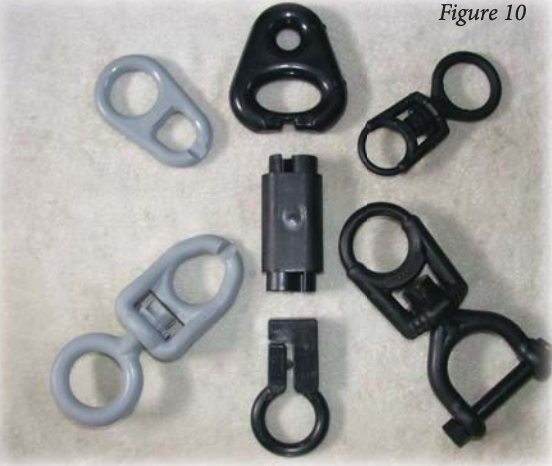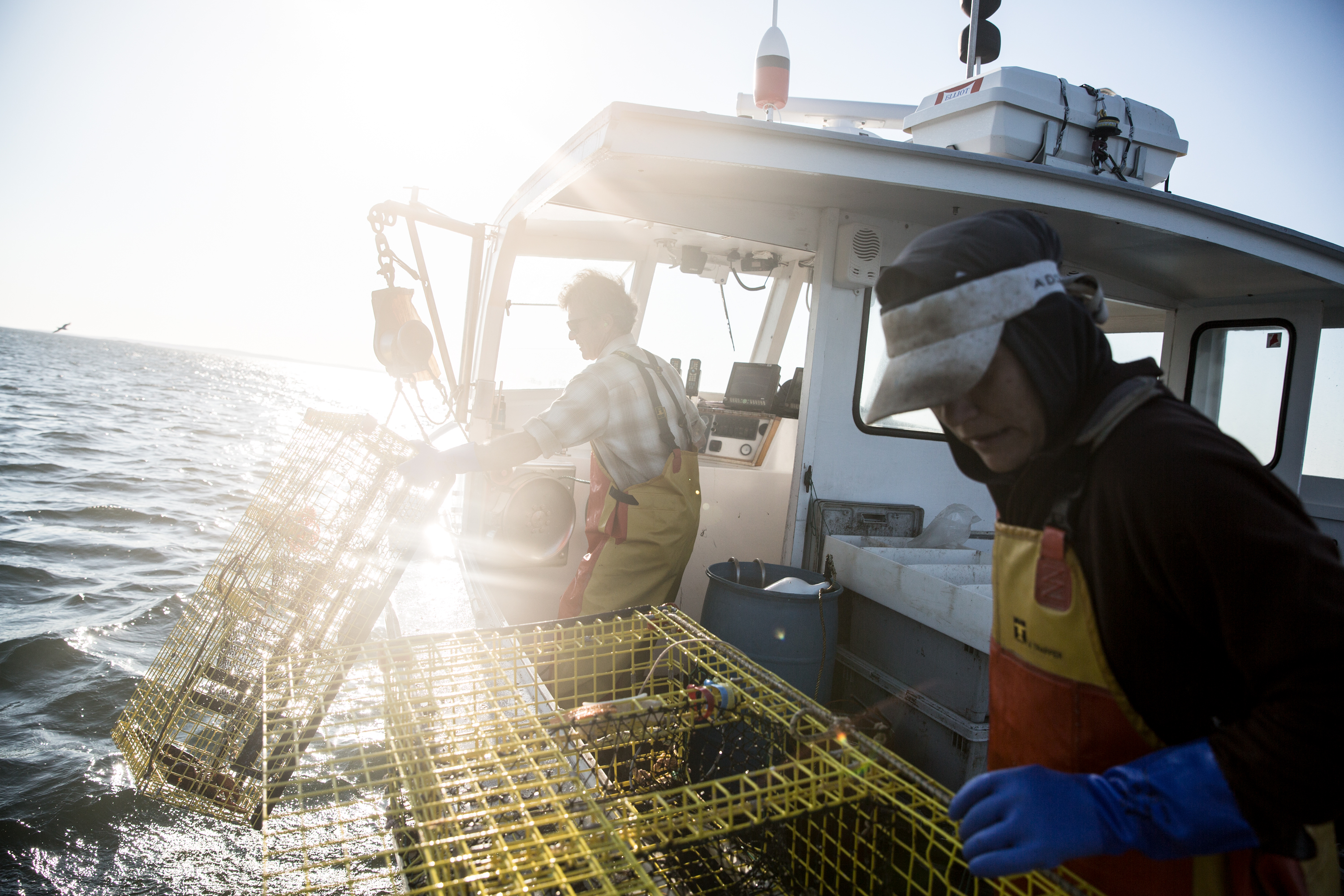A renewed call to delay the May 1 deadline for converting lobster gear to protect right whales came from Maine elected officials, who say the lobster industry cannot obtain the required weak rope and breakaway links in time.
“As the May 1 compliance date approaches, lobstermen are working earnestly to conform to the new requirements and preparing to absorb anticipated losses,” The Maine Congressional delegation and Gov. Janet Mills wrote in a Feb. 7 letter to Commerce Secretary Gina Raimondo.
“They are encountering, however, a new obstacle that demands attention: a scarcity of the very materials they need to comply, including manufactured weak links and special weak rope.”
At the peak of the season, the Maine lobster fleet deploys about 800,000 vertical lines on their trap lines, according to the letter signed by Mills and Sen. Susan Collins, Sen. Angus King, Rep. Chellie Pingree and Rep. Jared Golden.
The Atlantic Large Whale Take Reduction Plan rule aims to implement requirements for new weak rope and manufactured breakaway links so North Atlantic right whales – an extremely endangered species now estimated to be numbering fewer than 340 animals – can bust loose if they run afoul of lobster gear.
Fishing industry advocates and Maine political leaders insist the lobster fleet’s danger to right whales is far overstated; the last documented whale entanglement in their gear dates back nearly two decades now. Maine’s elected leadership has pushed for changes since the NMFS final rule was published in August 2021.
Pushing the May 1 compliance date back to July 1 “would result in a potential increase in risk to whales of just 0.9 percent” during those three additional months, according to NMFS’ own analysis, the Maine officials’ letter says. Sticking to the May 1 deadline would cost the industry $7.3 million in additional conversion costs and lost fishing time as the spring fishery gets underway, they contend.
The Maine Lobstermen’s Association pegs the cost at $50 million to $80 million in the first year. Senator Collins sought $10 million in federal money to help fishermen meet costs of gear conversion. Maine state legislators are looking at a measure to provide $30 million in aid to the industry.
Right now, Maine official say gear suppliers can’t deliver enough of the material approved so far by NMFS. SeaSide Inc. in Warren, Maine, is putting out about 3,000 weak links a week. Rope maker Rocky Mount Cord Co. in Rocky Mount, N.C., makes a NMFS-approved, Maine-specific rope with a purple tracer marker thread, “but it is highly unlikely that its production will meet demand by this spring,” the letter states.

“The large projected economic losses, the negligible change to risk (for right whale entanglements), and the unavailability of rope and weak links are all clear reasons to direct NMFS to extend the compliance date to July 1, 2022,” the letter concludes. “This is a critical opportunity for NMFS to review updated information, demonstrate good faith, and bolster trust with stakeholders. It must not be overlooked.”
Fishermen are also looking to modify their gear by adding specific ‘weak knots’ in end lines. But there is uncertainty if that fix will meet NMFS approval.
“NMFS has left the industry with the impression that the agency will not certify simple knots because it claims they could pose new entanglement risks to whale baleen,” the letter says. “This is unjustified given the absence of scientific evidence indicating such a risk and the fact that manufactured weak links are similar in size. It is also illogical since NMFS plans to allow the same knots to be used to connect approved braided line.
“Given the lack of availability of weak rope and manufactured weak links, the certification of knots is critical.”







